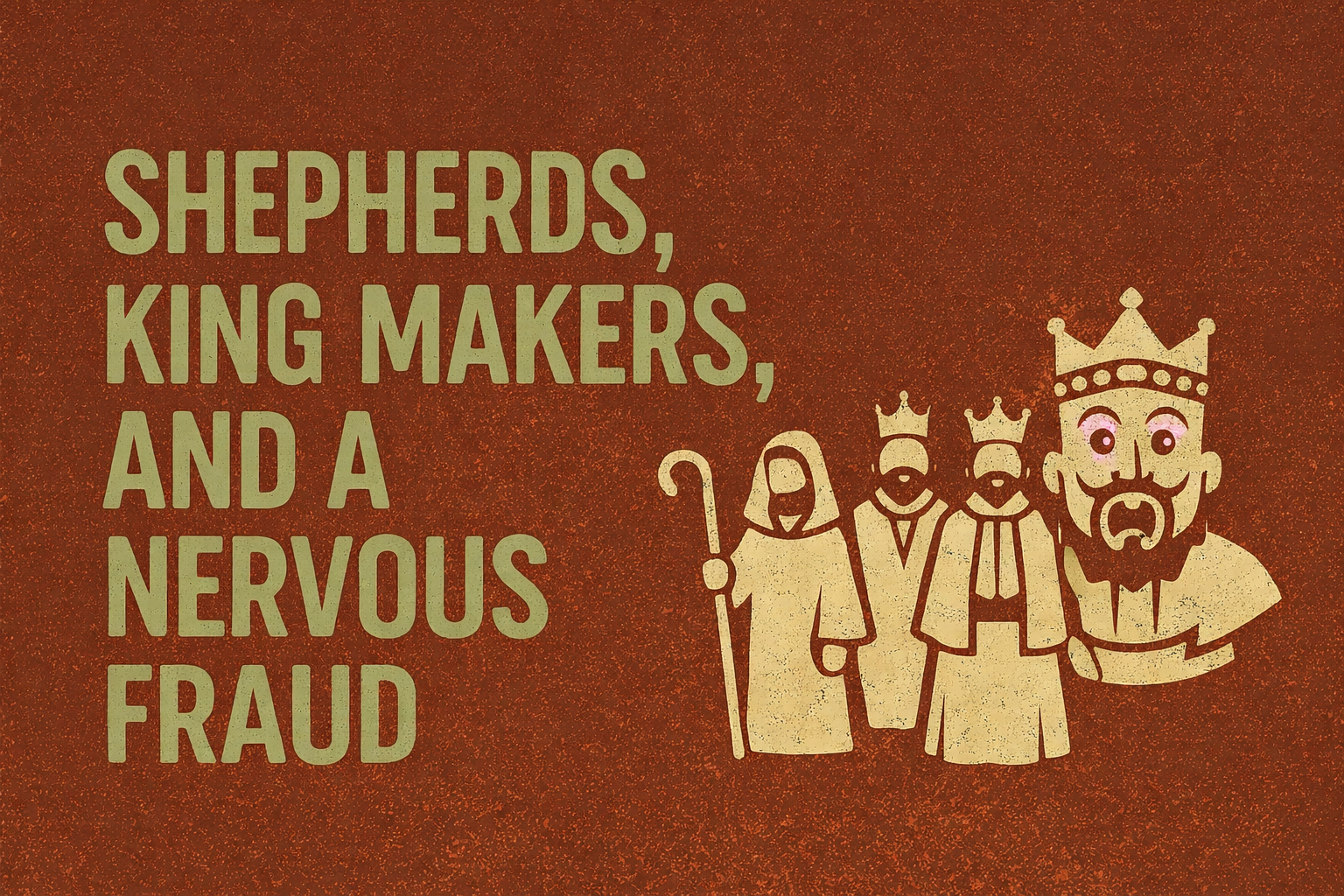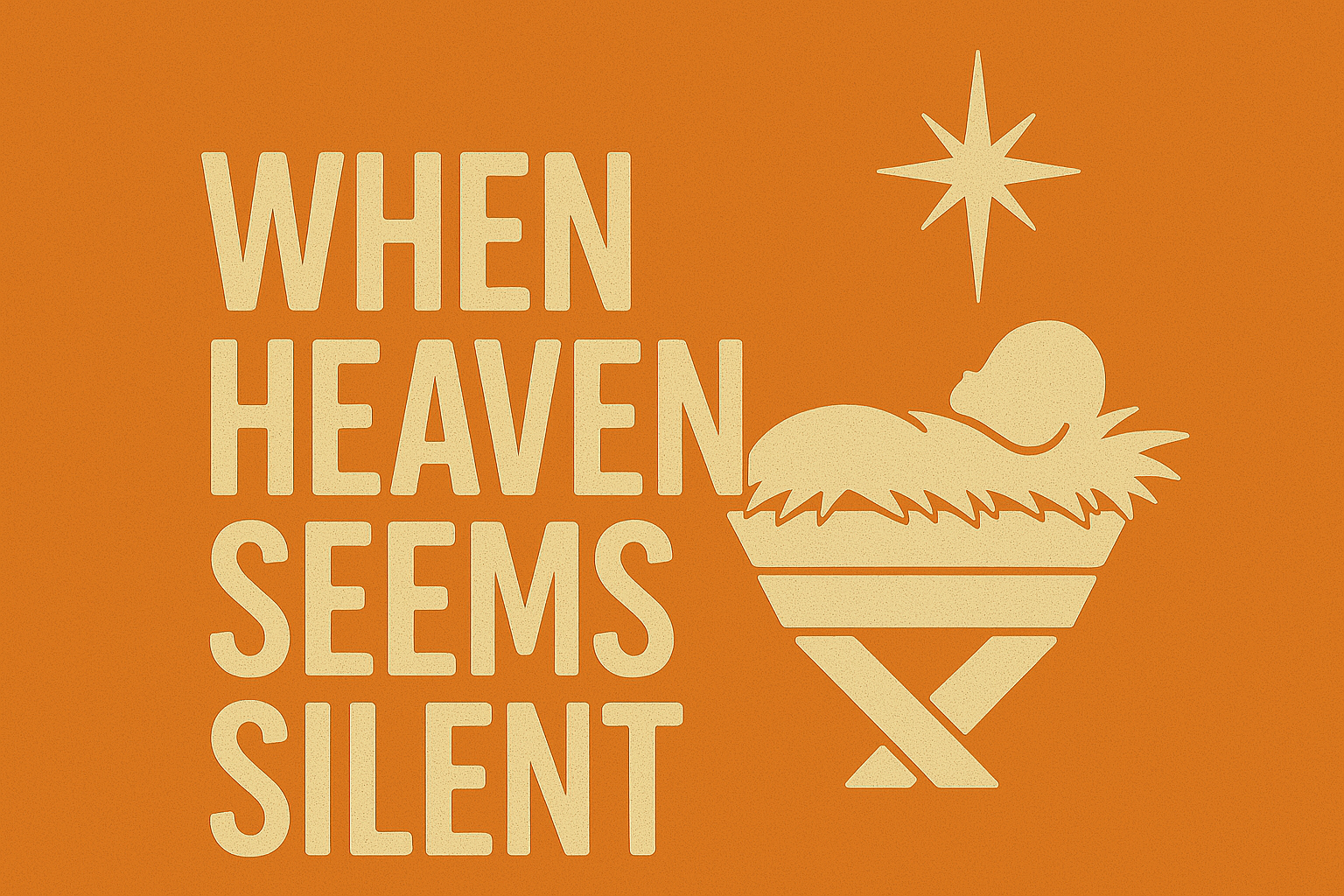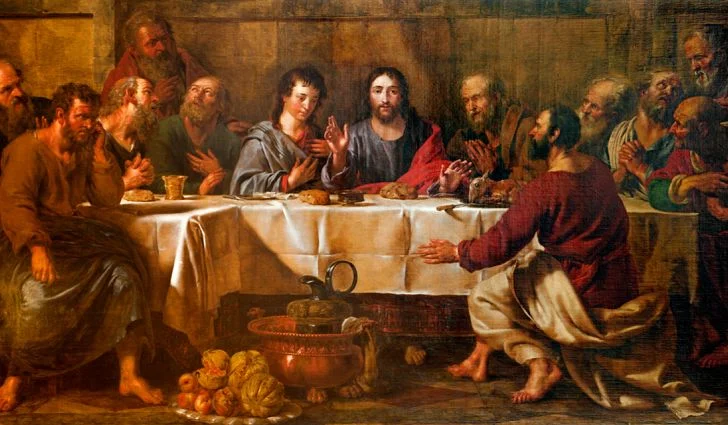Jesus was a Jew. He had grown up celebrating the Passover and reciting the story of the Exodus. Now, one final time, he celebrates the Passover to foreshadow his own week to come. But, did you know that both stories were connected by a single Psalm?
If you missed it, click HERE for a brief podcast exploring the significance of Psalm 118 in the history of the church and why it would have marked the Last Supper.
Jesus would gather with his disciples one last time around a table.
A last meal…dinner…supper.
A final Passover to recount God’s faithfulness, but to also point their attention squarely toward the next day.
Jesus would break bread, institute a new meal, predict his own betrayal, and then lead his tribe to a garden where he would pray and be arrested.
The Last Supper has drawn my attention to a unique Psalm. Throughout the history of the Christian church, Psalm 118 has played a significant role. Some of it is very familiar: “This is the day that the LORD has made; let us rejoice and be glad in it.”
Some rather obscure: “All nations surrounded me; in the name of the LORD I cut them off! They surrounded me, surrounded me on every side; in the name of the LORD I cut them off! They surrounded me like bees they went out like a fire among thorns; in the name of the LORD I cut them off!”
But this Psalm can be traced through the history of God’s people.
It is David, the likely writer of Psalm 118, who quotes the Song of Moses from Exodus 15. He recounts God’s faithfulness during Israel’s most important moment.
After Martin Luther fled for his life to the Coburg Fortress, where he hid for 165 days, he was asked about the threat on his life and he quoted Psalm 118:17: “I shall not die, but I shall live, and recount the deeds of the LORD.”
And it this would be the Psalm that Jesus, and every other Jew, would read on the evening of the Passover meal.
How is it EVEN POSSIBLE that Jesus could have on his lips the words, “This is the day that the LORD has made; let us rejoice and be glad in it” as he is being dragged to his own death? How could Jesus so easily say, “This is the day that the LORD has made; let us rejoice and be glad in it,” when he clearly knew what the next day would bring?
Because Jesus knew a secret.
Not only was this the last Passover meal, but the very next day he would become the lamb it foreshadowed.





